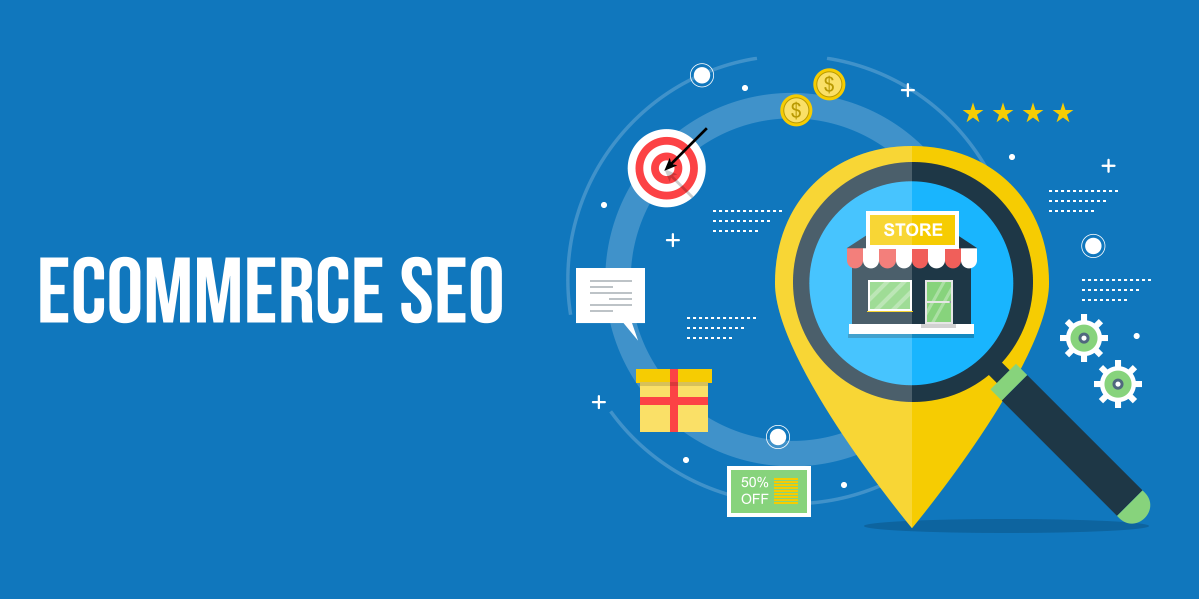
Address:
A-74, 2nd Floor, Sector-2,
Noida-U.P 201301, India
City:Noida
Vendor Type:Service Provider
E-commerce SEO involves optimizing an online store to improve its visibility and ranking on search engines, driving more organic traffic and increasing sales. Key elements of e-commerce SEO include:
- Keyword Research: Identifying and targeting relevant keywords that potential customers use to search for products similar to yours. This includes product-specific keywords, brand names, and related search terms.
- On-Page SEO: Optimizing individual product pages and category pages with relevant keywords, meta titles, descriptions, headers, and product descriptions to improve their visibility in search results.
- Technical SEO: Ensuring the website’s technical aspects are optimized, including site speed, mobile-friendliness, secure connections (HTTPS), and proper indexing of pages.
- Product Descriptions and Content: Creating detailed, unique, and engaging product descriptions that include relevant keywords and provide valuable information to potential buyers.
- Image Optimization: Using high-quality images and optimizing them with descriptive file names and alt text to improve visibility in image searches and enhance page load times.
- URL Structure: Implementing a clean, user-friendly URL structure that includes relevant keywords and is easy for search engines and users to understand.
- Internal Linking: Developing a strategic internal linking structure to help users and search engines navigate your site, improving the visibility of important pages and enhancing the user experience.
- Backlink Building: Acquiring high-quality backlinks from authoritative sites to boost your store’s credibility and search engine ranking.
- User Experience (UX): Ensuring a seamless and intuitive shopping experience, including easy navigation, fast loading times, and a mobile-responsive design to keep users engaged and reduce bounce rates.
- Product Reviews and Ratings: Encouraging customers to leave reviews and ratings on product pages. Positive reviews can enhance credibility and attract more visitors.
- Local SEO for E-commerce: If your e-commerce business also has a physical store, optimizing for local searches can help attract customers in your area.
- Schema Markup: Implementing structured data (schema markup) to help search engines understand your product information and enhance search result listings with rich snippets.
- Analytics and Monitoring: Using tools like Google Analytics and Google Search Console to track performance, monitor traffic, and make data-driven decisions to improve SEO strategies.
E-commerce SEO aims to increase organic traffic to your online store, improve product visibility in search engines, and ultimately drive more sales.
